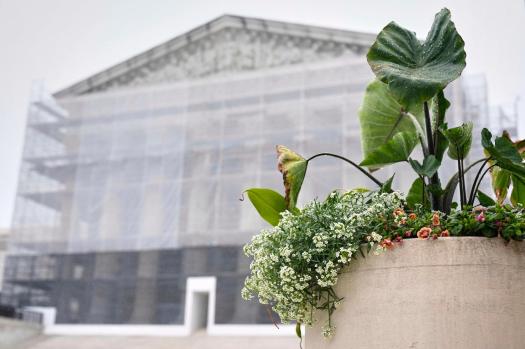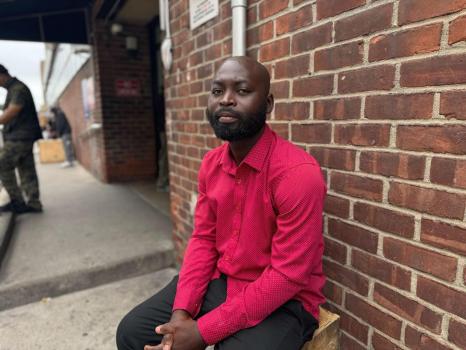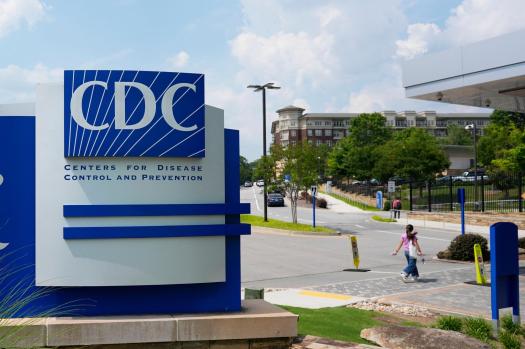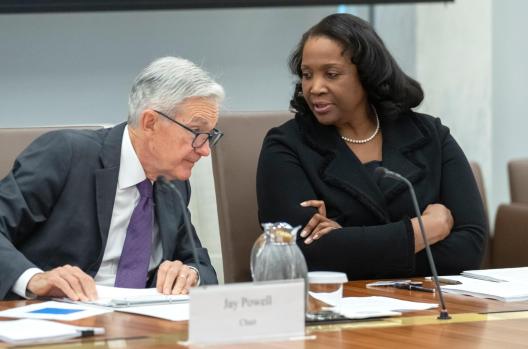Washington (AP)The Supreme Court on Friday ordered further arguments to be heard in the fall, delaying its decision on a second Louisiana congressional district with a Black majority.
A number of the court’s conservative justices indicated during arguments in March that they would vote to invalidate the plan and make it more difficult, if not impossible, to file redistricting complaints under the Voting Rights Act, which is why the case is being keenly followed.
Related Articles
-
Scared to be brown : California residents fearful amid immigration raids
-
RFK Jr. s made promises about vaccines. Here s what he s done as health secretary
-
Supreme Court upholds Texas law aimed at blocking kids from seeing pornography online
-
Supreme Court says Maryland parents can pull their kids from public school lessons using LGBTQ books
-
Supreme Court preserves key part of Obamacare coverage requirements
In front of a conservative-led court that has been dubious of racial issues in public life, the case focuses on the interaction between politics and race in defining political borders.
In a brief dissent from Friday’s ruling, Justice Clarence Thomas stated that he would have made a decision sooner and placed restrictions on racial redistricting.
Halfway until the next census, the order continues a struggle for political power that began with the 2020 one. The Supreme Court stepped in twice, and lower courts blocked two maps. While the lawsuit was pending, the justices last year ordered the new map to be used in the 2024 elections.
The high court has previously been hesitant to upend districts as elections approach, so the summons for new arguments likely implies that the district currently represented by Democratic Rep. Cleo Fields will likely remain intact for the 2026 elections.
In place of the so-called jungle primary, the state now holds partisan primary elections in the spring, with the party nominees facing off in November.
As a result of the modification, candidates can begin collecting signatures in September in order to be included on the 2026 primary ballot.
In 2022, the state’s Republican-controlled legislature created a new congressional map that took into consideration changes in the population as reported by the 2020 census. However, in a state where Black people make up a third of the population, the changes essentially preserved the current situation of one Democratic-leaning majority Black district and five Republican-leaning majority white districts.
A lower court decision that the districts probably discriminated against Black voters was secured by civil rights activists.
The Supreme Court paused the decision while considering a related Alabama case. Despite the fact that both states were likely discriminatory according to federal judges, the justices permitted them to utilize congressional maps in the 2022 elections.
A fresh map and a second district that may elect a Black congressman resulted from the high court’s eventual affirmation of the Alabama decision. With the hope that new maps will be available for the 2024 elections, the judges sent the Louisiana case back to federal court.
Louisiana lawmakers were given until early 2024 by the 5th U.S. Circuit Court of Appeals to create a new map or risk having one imposed by the court.
In response, the state created a new map that included two districts with a majority of Black people.
However, in their separate lawsuit contesting the new districts, white Louisiana voters asserted that the new plan was primarily influenced by race. A three-judge panel concurred.
Louisiana filed an appeal with the Supreme Court over that decision.
Visit https://apnews.com/hub/us-supreme-court to follow the AP’s coverage of the U.S. Supreme Court.












